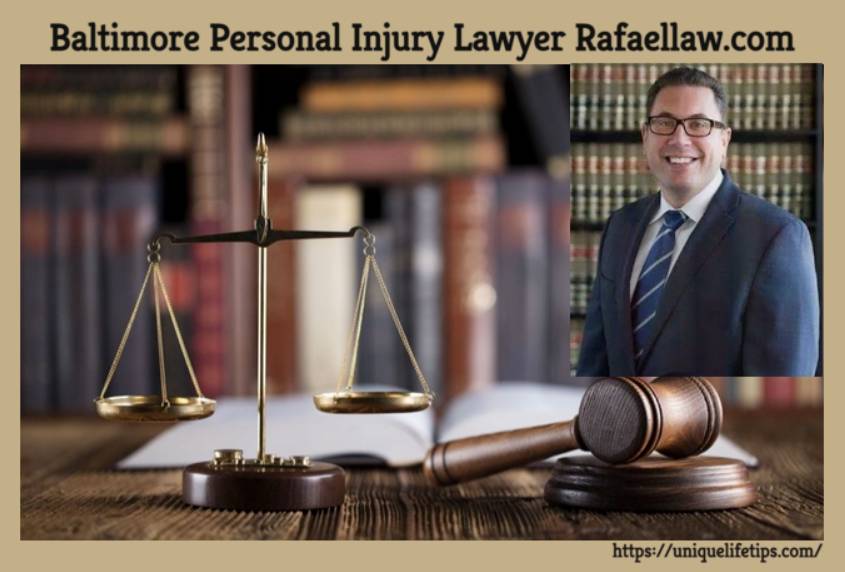Last updated on March 26th, 2024 at 02:37 am
In the dynamic sphere of property rentals, the legal framework ensures fairness and safety in dealings between landlords and tenants. Central to this framework are property surveys and certifications, which are more than just formalities.
They safeguard property integrity and ensure compliance with regulations. This article sheds light on these pivotal elements, unraveling their significance and their legal impact.
Table of Contents
Understanding the Role of Property Surveys
Property surveys are critical in real estate because they provide accurate property boundaries and assess the physical condition of properties. These surveys, which encompass many factors from boundary lines and structural inspections, have multiple roles. For landlords, they offer a legally binding definition of property limits, which is essential in preventing disputes with neighbors. Tenants benefit from an honest view of the property’s condition, assuring them of a structurally sound and code-compliant space.
Legally, property surveys are often mandatory. They resolve disputes, aid in property developments and are crucial for financing or insurance. Ignoring these surveys can lead to legal troubles for both landlords and tenants. This section dives into various survey types, exploring their role in rental processes and the legal consequences of overlooking them.
The Role of Certifications
Certifications are vital in confirming a property’s compliance with health, safety and environmental standards. These legal documents are not simply frivolous bureaucratic steps; they confirm a property’s habitability and adherence to local regulations. To ensure compliance with environmental standards, landlords can engage with specialized professionals, such as EPC surveyors to prove a property is energy efficient.
A Southampton Display Energy Certificate assessor can be called to evaluate a property, offer an authoritative assessment and issue required documents, which is a non-negotiable step in meeting environmental regulations. For landlords, obtaining these certifications is a proactive step towards legal compliance, helping avoid legal issues and penalties.
Environmental Compliance and Sustainability
Environmental compliance is becoming increasingly relevant in property rentals. Beyond legal necessities, there is a growing emphasis on sustainability and energy efficiency. Implementing energy-efficient systems, using sustainable materials and promoting recycling efforts are all ways to enhance environmental stewardship.
Landlords who prioritize eco-friendly practices comply with environmental regulations and appeal to environmentally conscious tenants. These practices not only contribute to a healthier planet but can also result in long-term cost savings and enhanced property value. Understanding and integrating ecological compliance is an investment in the future of property rentals and the planet.
Benefits of Compliance: A Win-Win for Landlords and Tenants
Adhering to survey and certification requirements offers substantial benefits for everyone involved with a property. It enhances property value and legal protection for landlords, sometimes increasing rental income potential and allowing property owners to qualify for tax deductions or government incentives. Compliance also means that tenants are empowered to enjoy a safe and comfortable living environment.
Navigating the Legal Landscape
The legalities of property rentals can be complex but manageable with the right resources and assistance. While navigating changing legal requirements can be challenging at first, once compliance is met, it can be simple to retain with help from reputable surveyors. Both landlords and tenants should stay in touch with professionals in the field to ensure compliance and stay abreast of changing laws.
Overlooking property surveys and certifications can lead to serious legal repercussions for landlords, including fines and legal actions from tenants or governing bodies. Instances of non-compliance threatens both tenant safety and the landlord’s financial and professional reputation. Negligence and non-compliance can lead to property closure and hefty legal fees in some instances.
Anticipating and Managing Legal Disputes
Although not always avoidable, legal disputes in rentals can be managed effectively. Proactive measures, such as clear lease agreements and regular communication, play an important role in mitigating disputes. Landlords should ensure their agreements are comprehensive, covering all aspects of tenancy, to avoid confusion from tenants.
Regular inspections and maintenance while respecting tenant privacy can prevent many issues from escalating. Mediation is often a preferable first step in disputes, offering an amicable resolution. Understanding tenants’ rights and maintaining open lines of communication can prevent many legal issues, fostering a harmonious rental relationship.
Technology’s Role in Streamlining Legal Compliance
More recently, technology has managed to streamline the compliance process in property rentals to some degree. Digital tools and platforms now offer efficient ways to manage and store surveys, certifications and legal documentation. Landlords can use advanced software to track certification renewals to ensure they always stay compliant.
Modern online platforms facilitate easy access to legal resources and professionals. Virtual property tours and digital lease signing applications have also become commonplace, enhancing both convenience and efficiency. Embracing these technological solutions simplifies legal compliance and enhances the rental experience for landlords and tenants.
Related Articles:
Understanding the Rights of Car Accident Victims
Final Note
In conclusion, understanding the legal aspects of home rentals is worth the effort. Property surveys and certifications are not just legal requirements but fundamental to ensuring safe, fair and compliant rental relationships. By staying informed and compliant, landlords and tenants can foster a trustworthy and stable rental environment.







